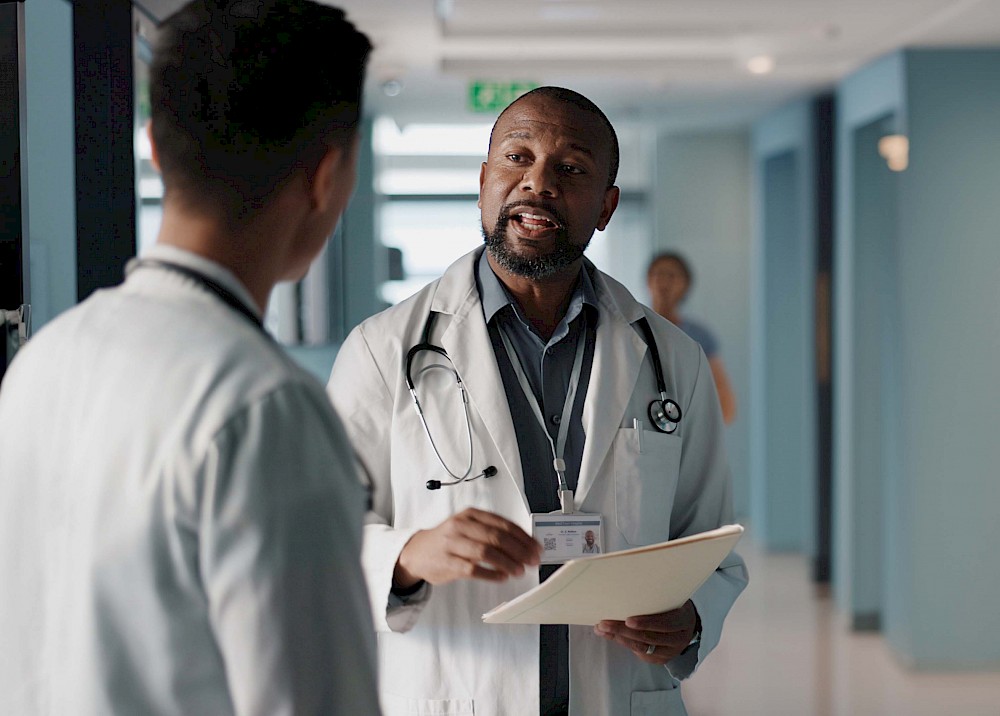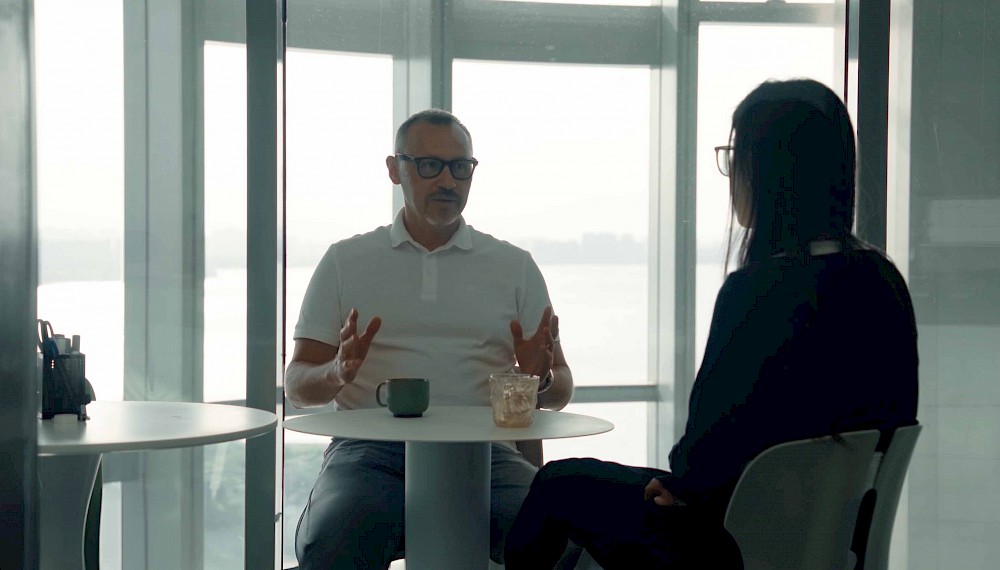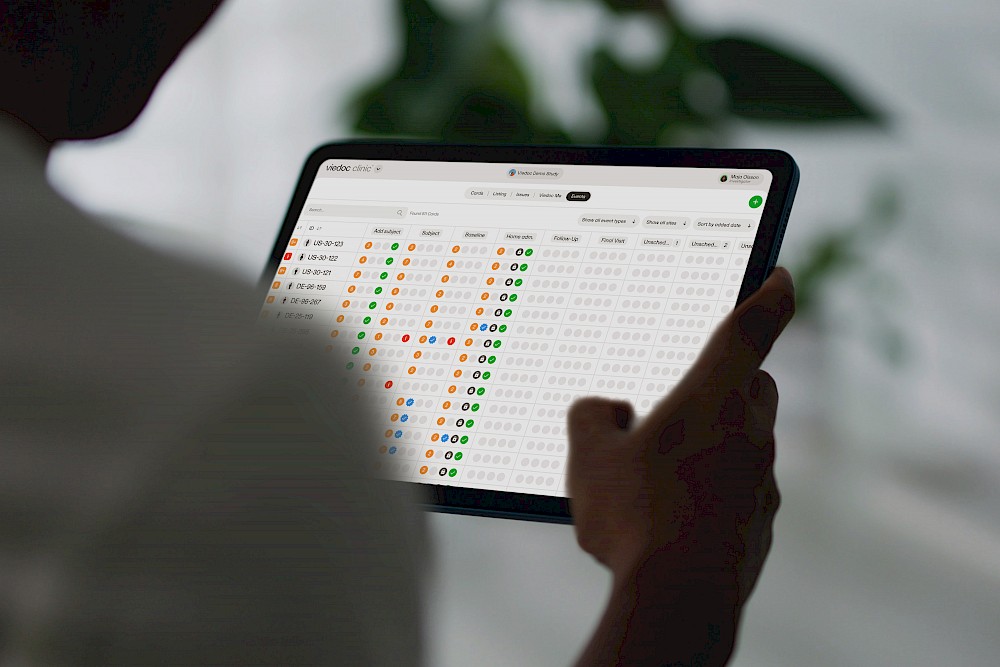
Since its establishment, MDCE has successfully helped over 50 biopharmaceutical and medical device projects to be implemented overseas, generating accumulated overseas profits exceeding 16 billion RMB for its clients. Currently, MDCE has its own overseas clinical trial team of over 100 members, collaborating with over 2,000 experts and partnering with more than 100 well-known overseas hospitals across the EU, North America, Australia, New Zealand, Southeast Asia, Japan, South Korea, the Middle East, Africa, and other regions.
Dmitry Luchinin is the Senior Project Director at MDCE, and he manages all the clinical trials across EU and ROW. Originally a medical doctor, Dmitry moved into a research career more than 25 years ago after completing his PhD. Dmitry and the MDCE team have been collaborating with Viedoc since 2022, and they have utilized Viedoc’s eCRF, Viedoc Clinic, for three medical device studies so far—one for a neurosurgery device, another for an ophthalmology device, and the third for an endocrinology device.
The first trial MDCE began with Viedoc last year was a study of a neurosurgery medical device used for hemostasis purposes by hospitals during neurosurgery. The study is well underway, with around 140 subjects enrolled across nine European sites.
Timeline-wise, clinical studies like this tend to run for around two years. Firstly there’s the startup period, where we initiate contact with the sites, then there’s a preparation stage involving visiting and qualifying sites, and after the study is approved by Ethics Committee and Regulatory Authority this is followed by an patients’ enrollment period.
After enrollment is complete, there is a closing-out phase where the data is cleaned and transferred to the client.
Success for this trial would be confirmation of the safety and effectiveness of the device. This is a mandatory requirement before the device can be sold and used in the EU market.

Three key factors led MDCE to choose to work with Viedoc—cost, support, and global coverage.
"Viedoc offers cost savings because we are allowed to configure our eCRF independently, with our programmers able to tailor the studies to meet our needs without Viedoc’s support", Dmitry explains. "This allows us to conduct better studies with more resources for a longer period of time."
Dmitry continues, "Viedoc has provided us with great support from the very beginning, giving full training to all our staff, including clinical research associates, project managers, data managers, programmers, and hospital staff on the site side."
"And the support continues once we’re using the eCRF—if there are any questions from the site staff, our staff, or programmers, Viedoc is on hand to help", Dmitry enthuses.
Dmitry cites another invaluable aspect of working with Viedoc: how global they are, with a presence in China. MDCE has its headquarters and management staff located in China, so having local representation is key.

In terms of future trials and how the collaboration between MDCE and Viedoc might evolve, Dmitry confirms: "So far we've primarily used Viedoc Clinic, which has allowed us to manage our clinical trials in a much more efficient manner, leading to the development of great healthcare products that will help our patients and their unmet needs."
"In the future, we can extend our collaboration with more studies using Viedoc Clinic, and we have recently started using Viedoc TMF as part of our approach to enhance solutions for our clients."
Dmitry also recognises that Viedoc Me is a powerful tool to integrate into trials. It reminds patients to check certain parameters, such as glucose measurements, and enables them to report that information directly in the system. He says, "This is a very good tool provided by Viedoc that could significantly improve patient participation in clinical trials."
Book a demo to better understand how Viedoc could help with every aspect of your clinical trials.


"Viedoc makes building a study easy and fun. It doesn't require extensive coding knowledge; it's quick to get in and start working."